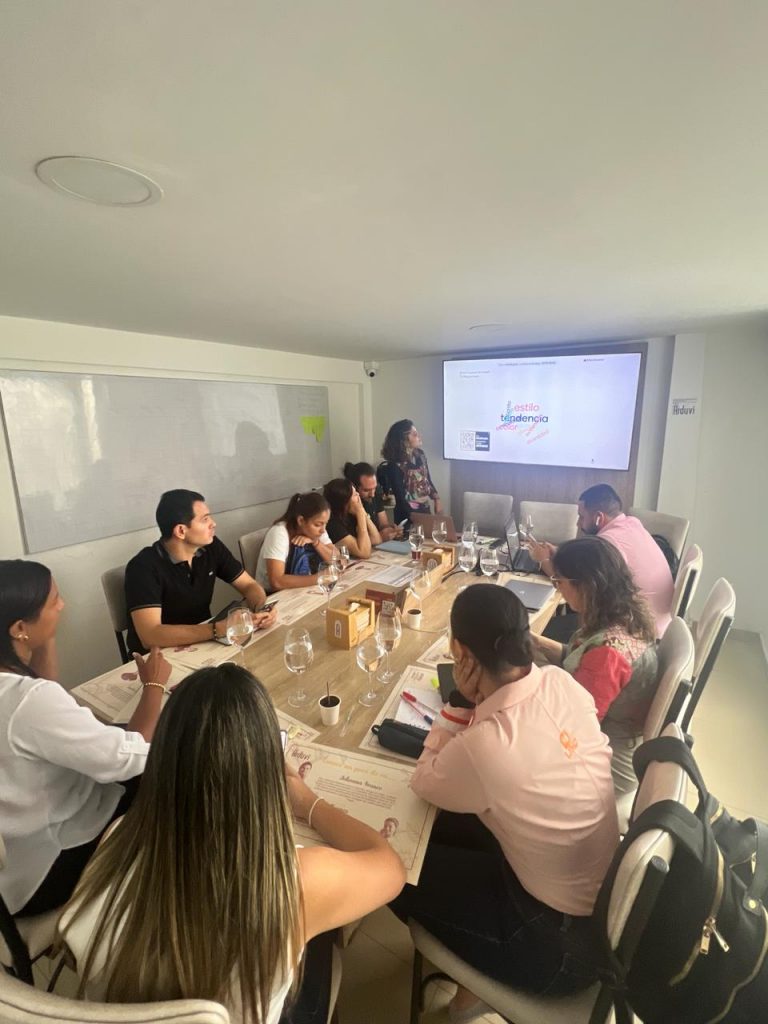In the Colombian business context, "Business Environmental Education" becomes essential, even for those companies whose contact with forest fires is indirect. This article explores key business environmental education strategies designed to address and prevent impacts from forest fires.
Understanding Business Environmental Education
"Business Environmental Education" is not only a commitment to sustainability but also a safeguard against the impacts of forest fires, even for companies with an indirect relationship with this phenomenon.
Development of Adapted Educational Programs
Awareness of Collateral Risks 🔍
Initiating adapted educational programs begins with awareness of collateral risks. Companies should inform their teams about how "Business Environmental Education" can indirectly protect against the impacts of forest fires.
Contingency Training 🚒
Contingency training is vital. Preparing teams to deal with forest fire situations ensures effective responses and continuity of operations.
Implementation of Indirect Preventive Measures
Remote Surveillance Technologies 🔧
The adoption of remote surveillance technologies allows companies to monitor fire-prone areas, anticipating indirect impacts. This proactive precaution can save businesses from unforeseen consequences.
Supply Chain Risk Assessment 🗑️
Conducting supply chain risk assessments is crucial. Identifying suppliers in vulnerable areas helps develop strategies to minimize supply chain disruptions.
Collaboration with Local Communities for Indirect Impacts
Community Support Programs 🤝
Working closely with local communities goes beyond social responsibility. Establishing community support programs strengthens relationships and mitigates long-term indirect impacts.
Sustainable Urban Planning 🔗
Participation in sustainable urban planning is key. Contributing to fire-resilient communities not only benefits society but also protects business interests.
Adaptability and Continuous Evaluation
Periodic Assessment of Impacts 🔍
The "Business Environmental Education"requires constant impact assessment. Conducting regular assessments ensures that strategies are updated and aligned with changes in the business and climate environment.
Flexibility in the face of change 📈
Flexibility is essential. Companies must be prepared to adjust their approaches to changing conditions, ensuring an effective response to indirect impacts of forest fires.




